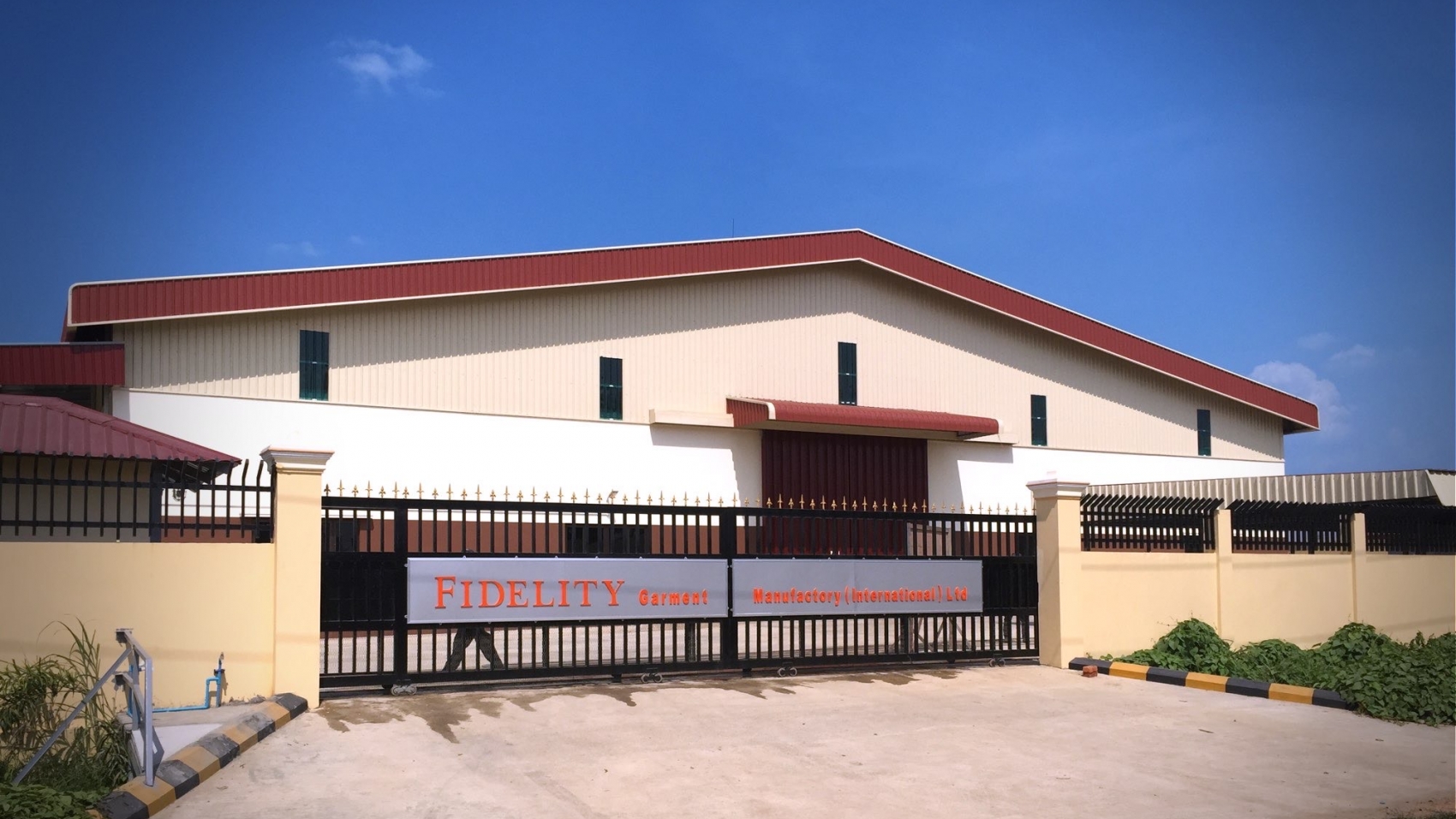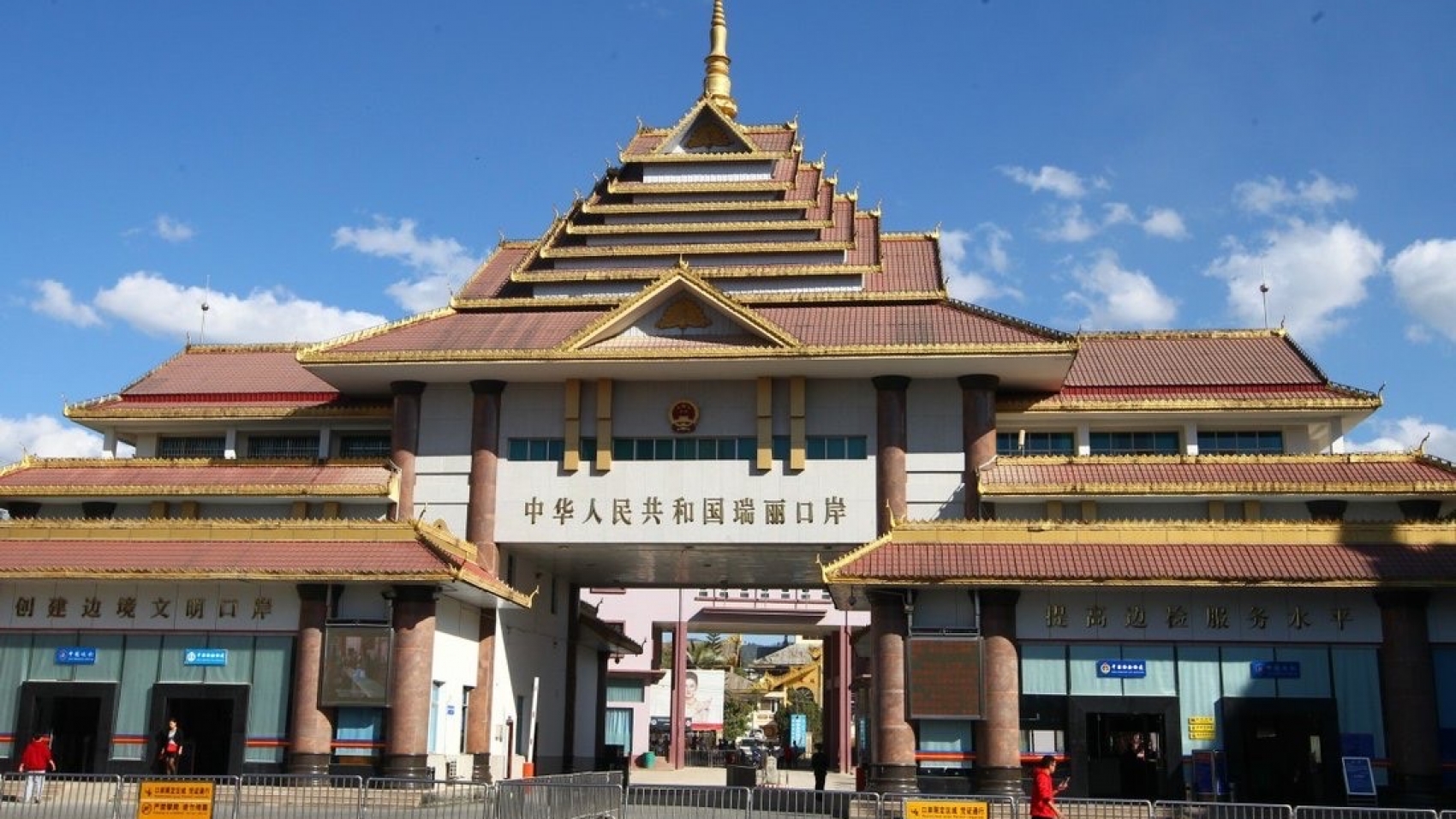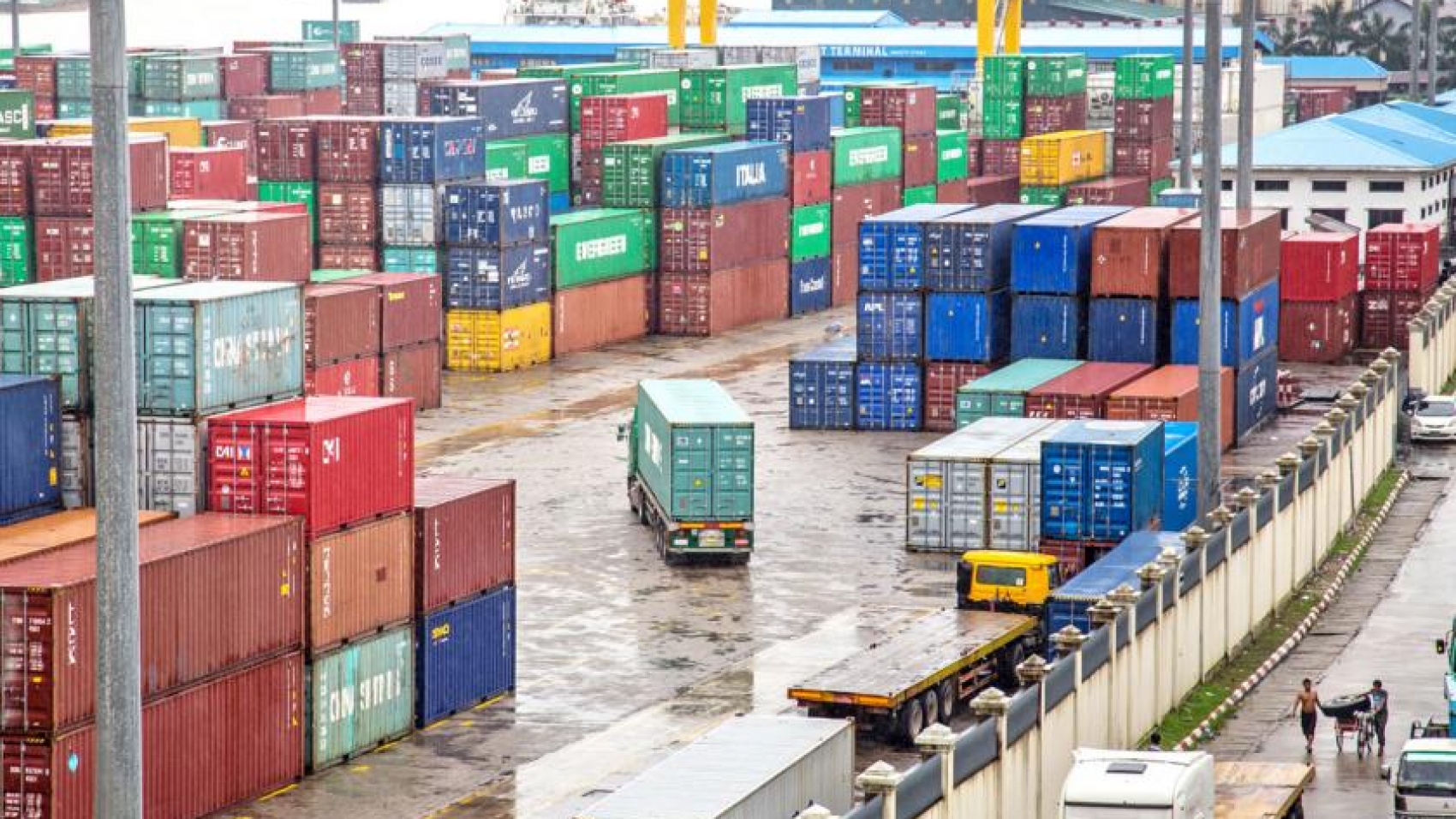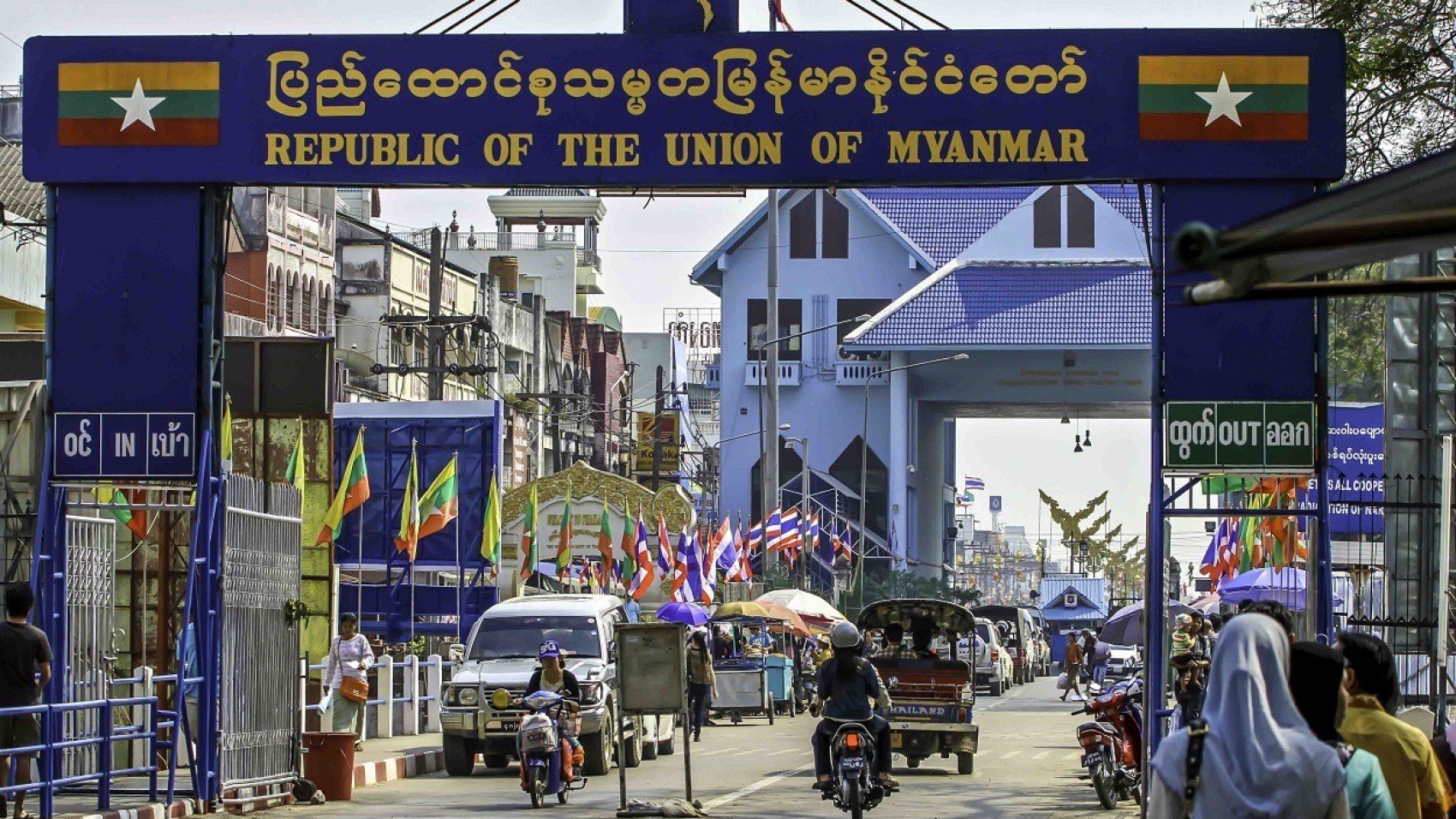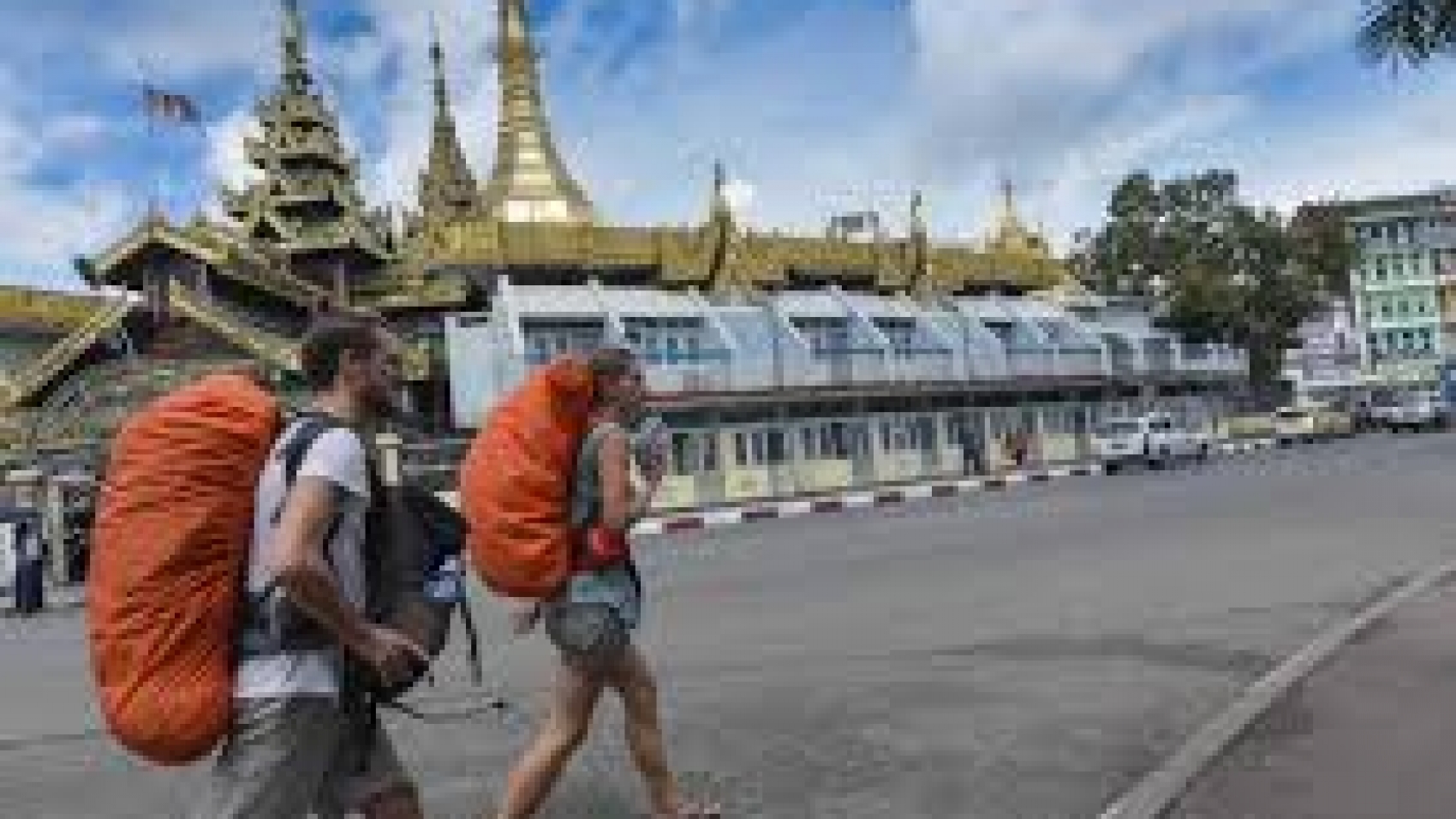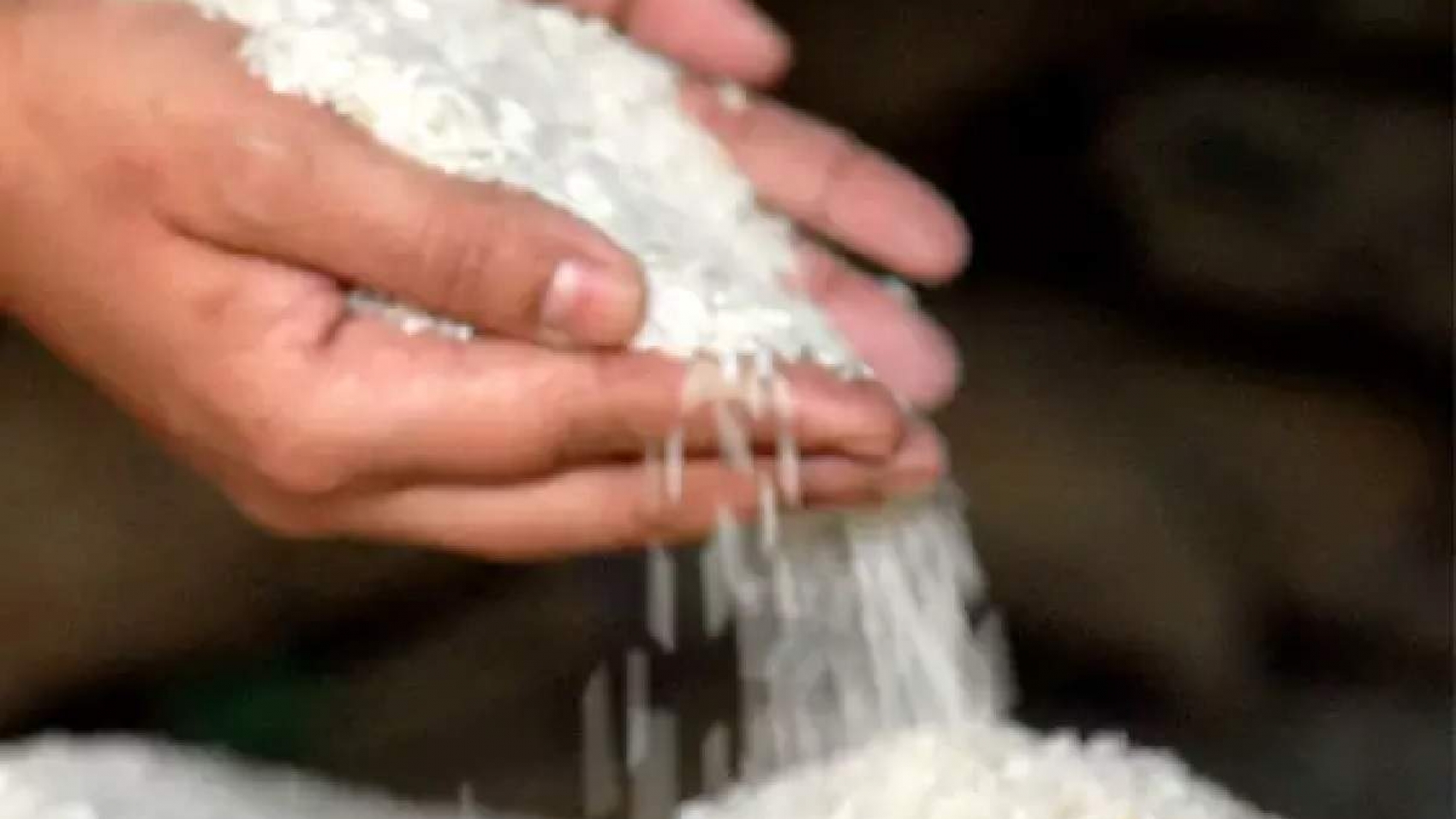Myanmar’s manufacturing sector recorded an accelerated downturn in February 2021 as political changes led to factory closures. The IHS Markit Myanmar Manufacturing Purchasing Managers’ Index measures the seven-month low in output, new orders, purchasing and stocks of both inputs and finished goods, stated the IHS Markit on 1 April 20201. The layoff is extended, and the workers are asked to return to their hometowns amid the political changes. The HIS Markit stated that higher material costs and unfavourable exchange rate movements contributed to a sharp increase in cost burdens. Exports of finished industrial goods drastically plummeted to US$3.209 billion between 1 October and 19 March in the current financial year 2020-2021, a severe drop of $1.7 billion compared with the corresponding period of the previous FY, according to the Ministry of Commerce. As per the ministry figures, the exports of finished industrial goods totalled $4.9 billion during the same period in the 2019-2020FY.
Myanmar’s manufacturing sector is primarily concentrated in garment and textiles produced on the Cutting, Making, and Packing basis, contributing to its GDP to a certain extent. Myanmar’s garment export dropped by over 25 per cent as of the first quarter of the current FY compared with a year-ago period on the back of a slump in demand by the European Union market, according to the Ministry of Commerce. At present, the CMP garment factories temporarily shut down and left thousands of workers unemployed. Myanmar mainly exports CMP garments to markets in Japan and Europe, along with the Republic of Korea, China, and the US. The garment sector is among the prioritized sectors driving up exports. The CMP garment industry has emerged as a promising one, with preferential trade from Western countries. Myanmar’s garment factories operate under the CMP system. Those engaged in this industry are striving to transform CMP into the free-onboard (FoB) system. As the factories cannot enter into a contract for FoB, Own Design Manufacturing (ODM) and Own Business Manufacturing (OBM), the income is limited, according to the MGMA.
According to data from the Ministry of Commerce, exports of garments manufactured under the cut-make-pack (CMP) system were valued US$4.798 billion in the last financial year 2019-2020. Although the sector is struggling due to the cancellation of order from the European countries and suspension of Western nations’ trade during the pandemic, export values rose in the previous FY (1 October 2019-30 September 2020). The export value of CMP garments was only $850 million in the 2015-2016FY, but it has tripled over the past two FYs. In the 2016 2017FY, about $2 billion was earned from exports of CMP garments. The figure increased to an estimated $2.5 billion in the 2017-2018FY and $2.2 billion in the 2018 mini-budget period (from April to September). It tremendously grew to $4.6 billion in the 2018-2019FY, according to the Commerce Ministry. Since an outbreak like COVID-19 might happen in the future, it is necessary to prepare for a sufficient raw materials supply. That is why the public and private sectors will cooperate in setting up the supply chain on our own sources, including weaving, knitting, dyeing, and sewing factories. The MGMA has more than 500 members and garment factories in Myanmar, employing more than 400,000 workers. Investors prefer to invest in countries with inexpensive labour, such as Myanmar.
Source: The Global New Light of Myanmar

